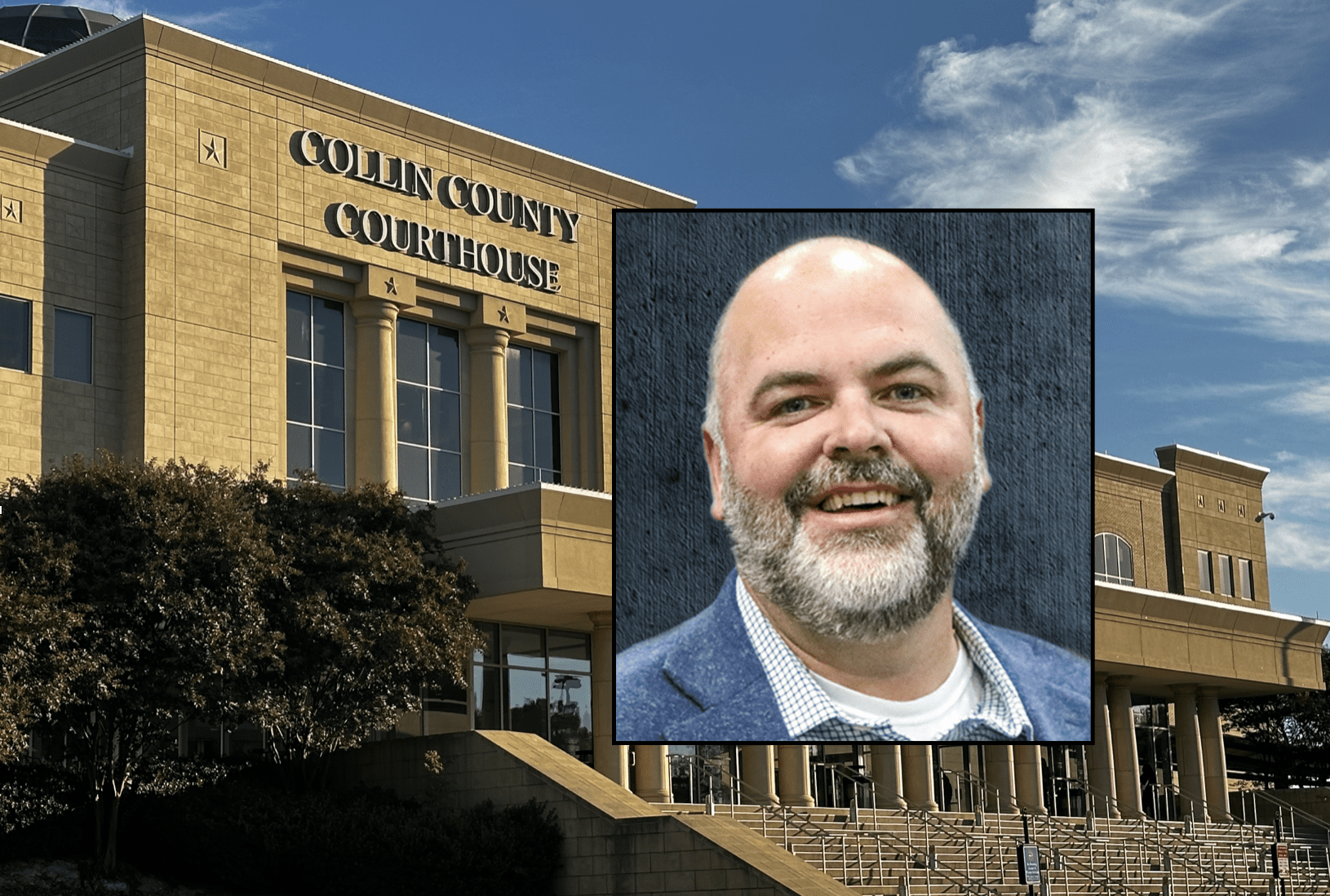With a maximum income of $8,269,999, Daniel Hodge is the highest-paid lobbyist in the state of Texas. What is it about this man’s background that earned him so much influence? Being Gov. Greg Abbott’s right-hand man didn’t hurt.
After a long history with Abbott since serving on his campaign for attorney general in 2001, Hodge was promoted to chief of staff when Abbott first took office in 2015. The key position gave him an incredible amount of power as both an informal advisor to his boss and a liaison between the governor’s office and the state Legislature.
In 2017, it was announced that he was parting from the role. Shortly after, he became a registered lobbyist.
Hodge may not have been entirely inexperienced when he first started out as a lobbyist. As chief of staff, he sometimes pressured lawmakers to fund corporate welfare projects on the governor’s behalf. In 2017, Texas Scorecard reported on one of Hodge’s messages to the Texas Legislature:
Hodge instructed budget conferees in the waning hours of the regular session to add $100 million to the Texas Enterprise Fund and the Film and Music Marketing Program—two corporate handout funds in the Office of the Governor—threatening Abbott would veto the entire budget if lawmakers did not comply.
Naturally, the practice of advocating for corporate welfare was extended once Hodge switched careers.
In 2019, The National Reined Cow Horse Association, seeking subsidies from a state economic program run by the governor’s office, asked the governor’s top former employee for help.
They hired Hodge on a contract worth up to $150,000 to promote a bill that would qualify the organization for a subsidy. Sure enough, the legislation passed, and the association was subsidized at taxpayers’ expense.
Who else writes Hodge’s checks? With a maximum income of $699,999.97, the Chickasaw Nation is Daniel Hodge’s top client. An Indian tribe federally recognized as its own nation, the Chickasaw Nation operates several casinos in Oklahoma.
Why would this tribe spend so much money on a lobbyist in Texas?
Casinos will sometimes pressure elected officials into legalizing gambling so they can expand their operations to the state, as the late Las Vegas casino billionaire Sheldon Adelson’s Las Vegas Sands group is attempting to do this session.
Out-of-state casinos can also attempt to persuade lawmakers against gambling legalization in order to limit competition across state lines.
Hodge’s second highest-paid client might be even more concerning to government watchdogs. Academic Partnerships LLC paid Hodge up to $499,999.98, which raises the question: Who is the man behind all that money?
That man would be Beaumont businessman Randy Best. A serial entrepreneur, Best’s most infamous company was the for-profit education group Voyager Expanded Learning. Founded in 1995, Voyager was an early-literacy curriculum that marketed itself as a “research-based” method for teaching young children to read. A major donor to the Bush family dynasty, Best benefited from political connections.
Best’s program soared to success once Bush became president and he crafted the early-learning initiative Reading First, which was tailored to literacy programs like Voyager. While many argue the program didn’t hold up to long-term academic scrutiny, that was no longer Best’s problem. The Texas Observer noted:
Congress cut funding for Reading First in 2009 after complaints about cronyism and poor student performance. In a federal comparison of various reading programs’ impact on test scores, Voyager came in last. But that wasn’t Best’s problem anymore—he’d cashed out in 2005, selling Voyager to a Michigan company called ProQuest for $361 million.
Best later founded another for-profit education company: Academic Partnerships. The corporation, which hired Jeb Bush as an advisor, contracts with public universities to provide online courses. However, this company has also received criticism for profiting from political connections rather than proven results.
What did Academic Partnerships lobby for this past legislative session? Whatever it was, Hodge made half a million dollars for it.
With a long history of influence in the governor’s mansion, Hodge is the definition of politically connected. However, is that influence being exercised for the good of Texas? While his practice is well funded, many citizens might wonder: at whose expense?
This article is part of a series of profiles on Texas’ highest-paid lobbyists by Texas Scorecard.





